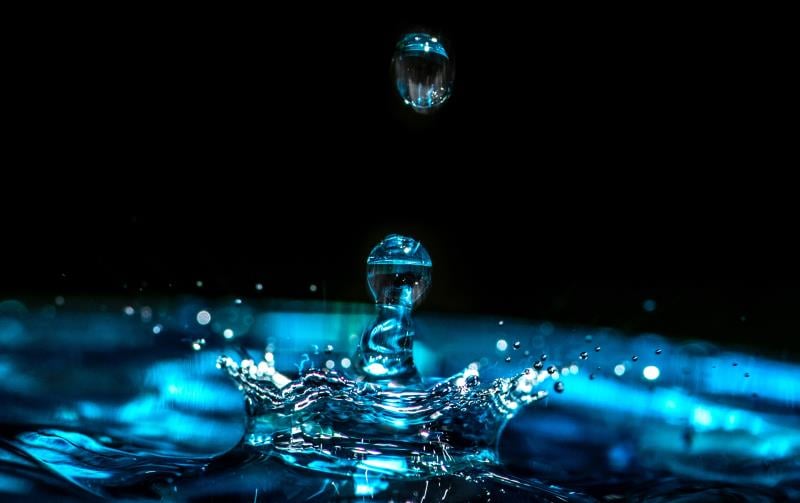
Deionisation is one of the two common processes involved in commercial water purification, the other being reverse osmosis (RO). Deionisation removes a wide range of chemical contaminants by ion exchange a process which attracts & removes mineral and metallic impurities dissolved in the feed water.
Different water purification technologies exist and, depending on the needs of a company, one or a combination of them may be used. Even though it is a well established means of water purification, deionisation has been overtaken by reverse osmosis systems in recent years. Why is this?
Let’s take a look at a few disadvantages of the deionisation process to consider before buying.
1. Doesn’t Remove Bacteria & Organic Contamination
Even though some companies believe that they must choose between reverse osmosis and deionisation, the two systems actually serve two different purposes. While deionising water systems take care of metallic and mineral impurities, reverse osmosis also deals with organic particles and bacteria. So if you need to tackle bacteria even the best deionisation system won’t do the job on its own.
2. Uses Chemicals For Water Purification
Conventional deionisation systems use regenerant chemicals to recharge ion exchange resins when the resins have been exhausted This can be unacceptable in some industries such as food & beverage. Where the chemicals are patently a risk to production.
An alternative to conventional deionisation is to be found in the form of continuous electro-deionisation. This technology uses an electrical charge instead of chemicals to regenerate ion exchange resin. Whilst this alternative can have a formidable price tag, on the upside it offers extremely efficient water purification, and complies with numerous standards within the pharmaceutical, electronics, auto finishing, textile, and power generation industries.
3. Isn’t Widely Available
Since reverse osmosis is more popular than deionisation, many companies nowadays offer solely RO systems to their clients, therefore finding a provider offering a full selection of water purification systems, with a balanced view & expertise in both technologies, can be tough.
4. Requires Complicated Maintenance
Deionisation systems require regular maintenance by skilled engineers. As required, the head controls will be stripped down and inspected, the internal vessel distribution pipework will also be assessed and the system will be put into regen and the chemical draw and valve operation monitored.
5. Subject To Organic Contamination
The ion exchange resins used for deionisation may become the source of organic contamination if supplied without appropriately specified pretreatment or if sized incorrectly. That’s why all resin based systems must be thoroughly maintained when in use.
So even though deionisation water purification systems may appear to have several disadvantages, they can be the best weapon against metallic and mineral impurities when used on their own or against other contaminants when used in combination with reverse osmosis and the correct pretreatment For more information about deionisation, please download our free Guide To Deionised Water Treatment Systems.






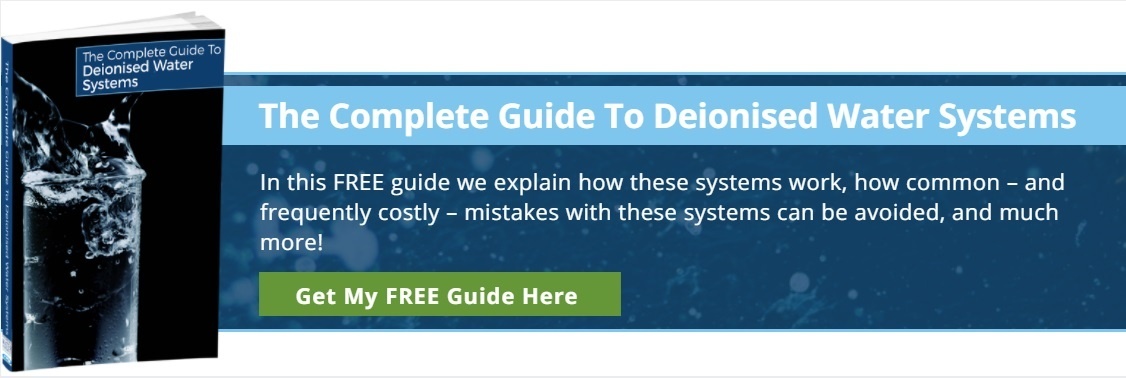
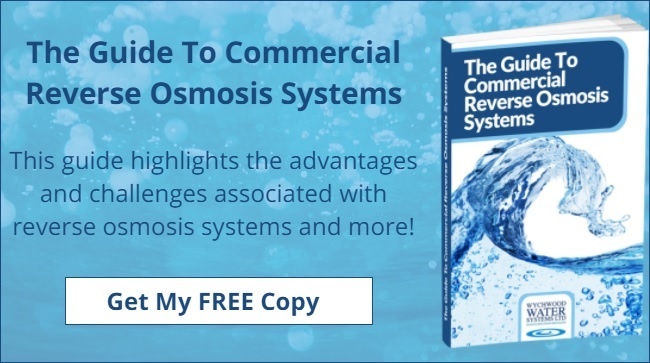
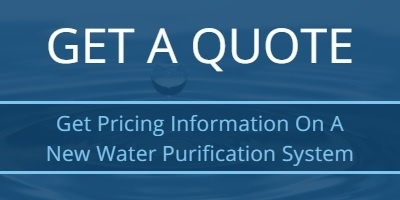
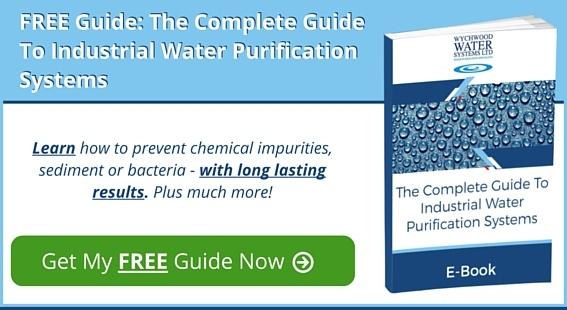
 We are a specialist independent company involved in water purification and water treatment technologies
We are a specialist independent company involved in water purification and water treatment technologies


